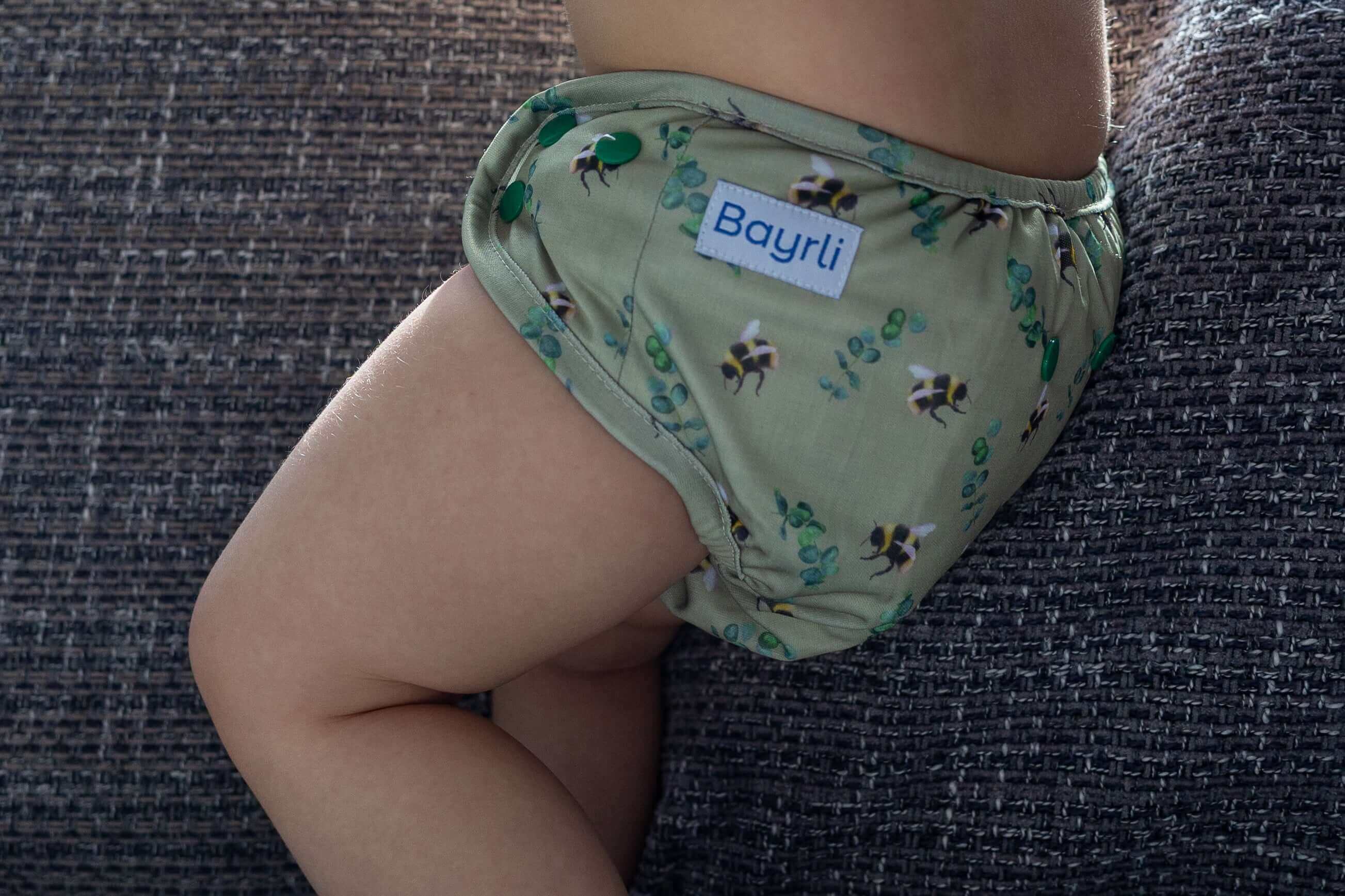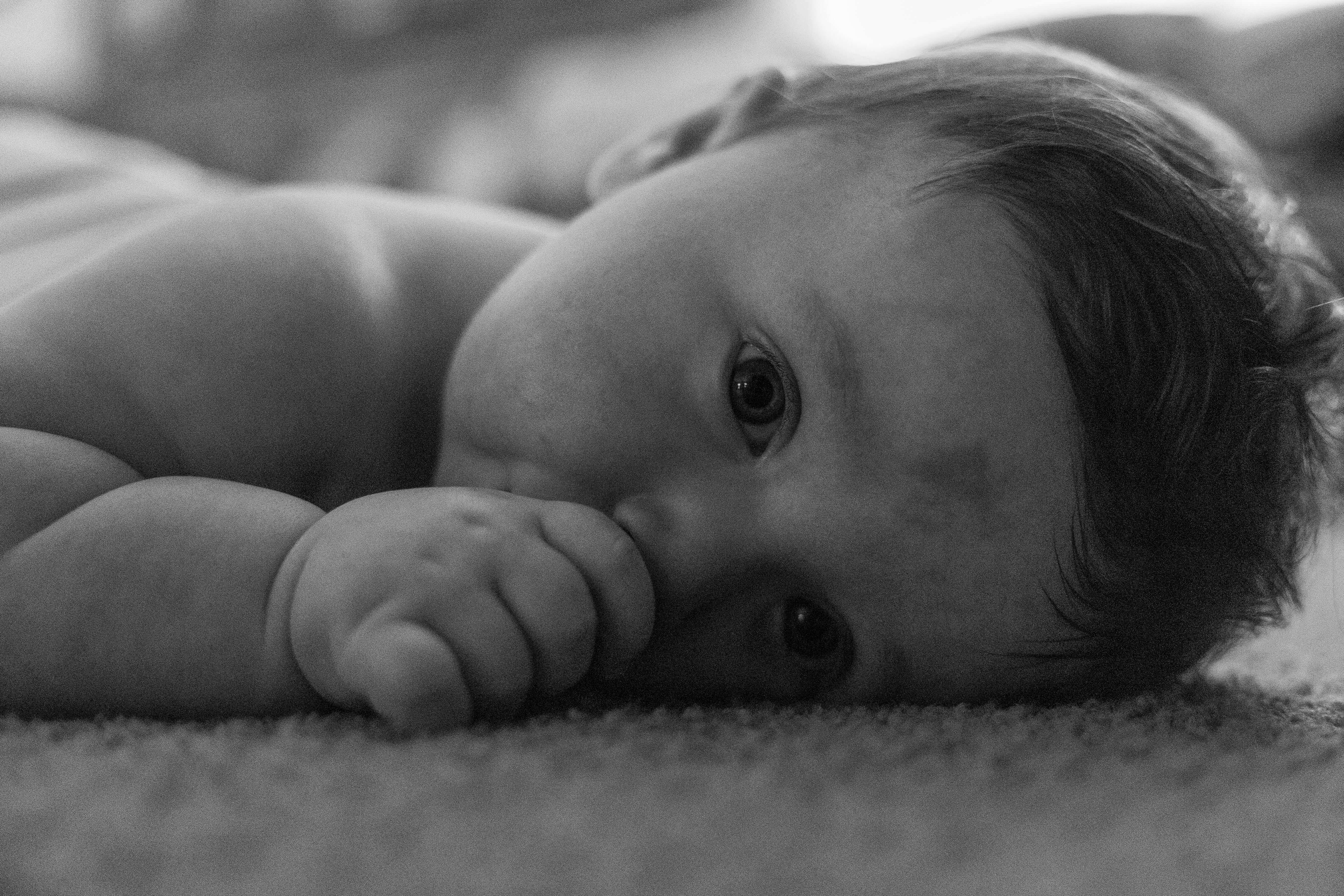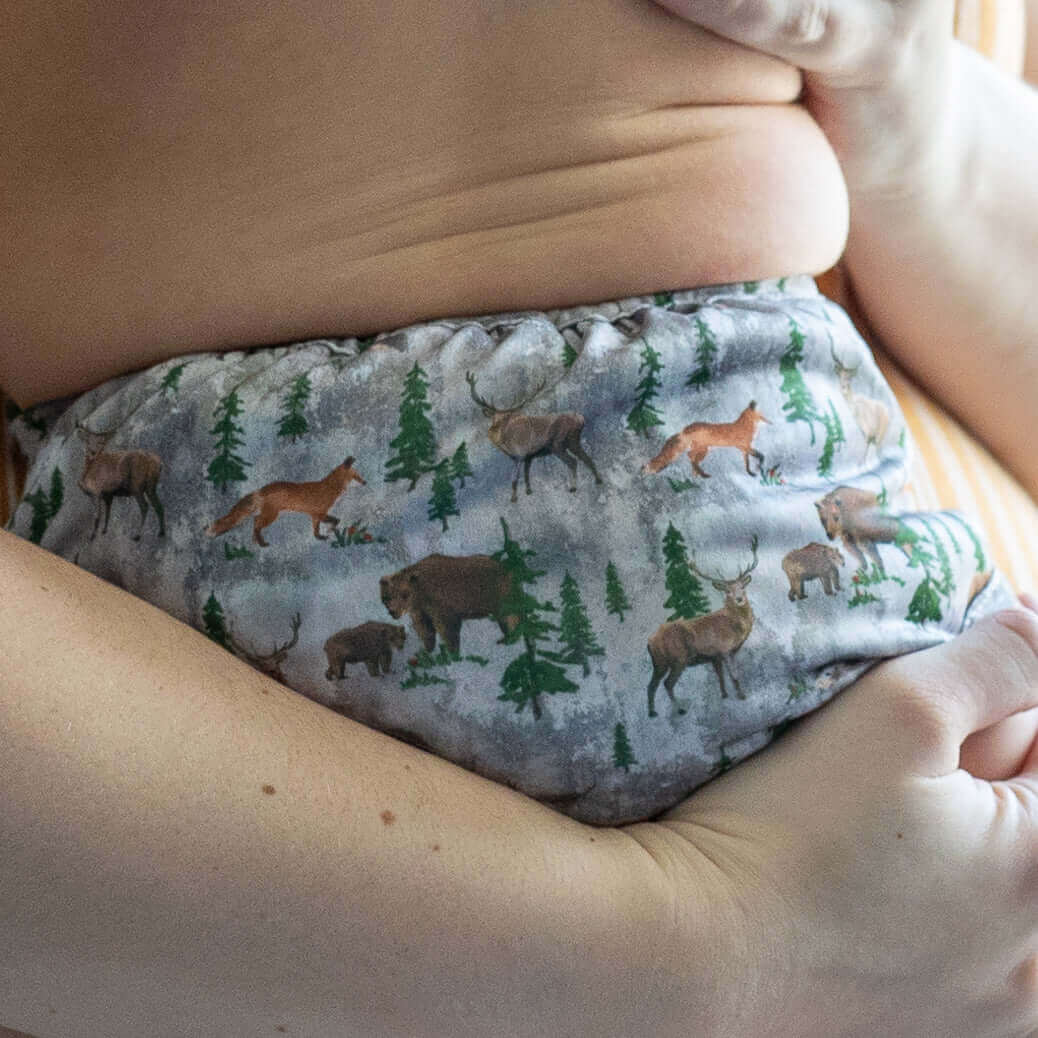
Newborn Poop Patterns: Understanding Frequency, Normalcy, and Care Tips
Is It Normal for Newborns to Poop After Every Feeding? A Closer Look at Baby Bowel Habits
Wondering if your little bundle of joy pooping post-feed is par for the course? You bet it is! Newborns, those tiny, adorable mystery machines, can have a surprising range of 'normal' when it comes to poop frequency. While some are regular mini poop factories, others might hold off for a few days. Don't fret if diaper changes become a post-meal ritual, or if you notice a temporary poop hiatus.
However, keep an eye out for extra runny diapers – over three a day could indicate diarrhea, which warrants a quick chat with the pediatrician.
How Often Should a Newborn Poop? There's No One-Size-Fits-All Answer
Newborns are as unique in their pooping patterns as they are in everything else. On average, you might see a daily bowel movement, but some infants might grace you with five-plus dirty diapers daily in their first fortnight, while others prefer a less frequent schedule.
Breastfed babies often poop more – sometimes even mid-meal! It's due to the liquid nature of breast milk, leading to more watery stools compared to their formula-fed peers. If your breastfed newborn is a frequent pooper, it's a positive sign of ample milk intake. But remember, formula-fed little ones can also follow a similar poop schedule.
Around the 6-week mark, you might notice a slow-down, but don't be surprised if the every-feeding pattern continues well into the first year.
Can a Baby Go Long Without Pooping? When to Worry and When to Wait
If your baby hasn't pooped in a few days, hold off on sounding the alarm bells. It's not unusual for them to go up to a week, or even two if exclusively breastfed and not on solids, without a bowel movement. The key is the texture – soft stools typically mean all is well. Breast milk's efficiency often means less waste, hence less poop.
But keep an eye out for constipation, especially if dietary changes are afoot, they're low on fluids, or feeling under the weather. The telltale signs are hard, dry stools and visible discomfort during bowel movements.
And don't worry about blowouts - Bayrli diapers are designed to guard against this very scenario. You're in safe hands.
Should I Be Concerned About My Baby's Frequent Pooping?
Consistency is key – if your baby's pooping patterns are stable and they're their usual chipper selves, frequent poops are usually not a worry. But if you spot a shift to watery stools or other changes in behavior, it's time to consult the doctor. Look out for symptoms like leg-pulling, straining, hard or extra watery stools, irritability, a swollen belly, or blood in the poop.
Frequent Poops and Diaper Rash: Navigating the Challenges
With frequent bowel movements comes a higher risk of diaper rash. The trick is to keep that cute little bottom dry and clean. Step up the diaper changes, and use warm water for cleaning. Protective barriers like diaper rash cream can be a butt-saver but do make sure they are cloth diaper safe. And don't rush to re-diaper – let that tush air out a bit each day. Persistent rashes? Time to call the doctor.


